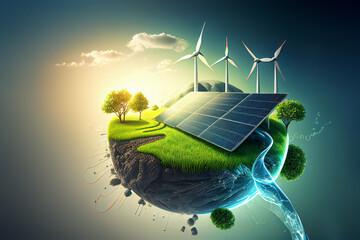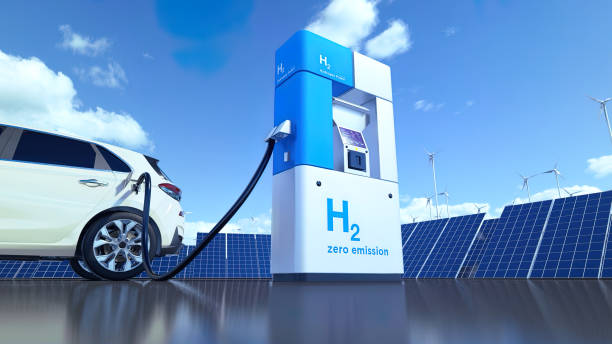
Renewable Energy and sustainable development Research
Only the appropriate consideration, investment and research on renewable energy will bring innovative, less expensive and more secure energy integrated across regions paving the way for the sustainable development. The company will provide progress towards the achievement of Sustainable Development Goals and to help and understand the transformation process over time and outline the roles of different levers in facilitating various stages of transformation. It will navigate the relationships among social environmental and economic development objectives through the collaborations with different partners.

